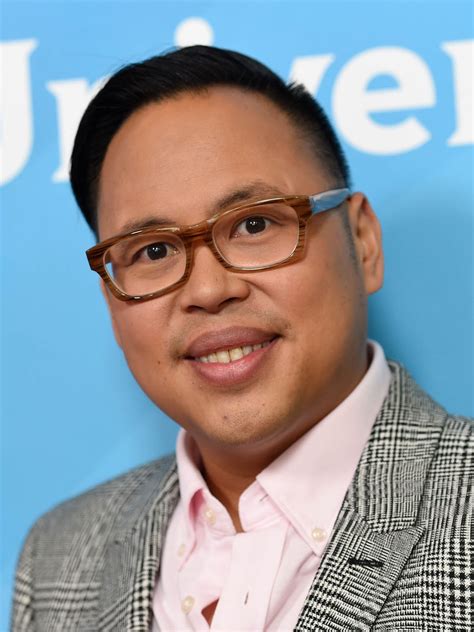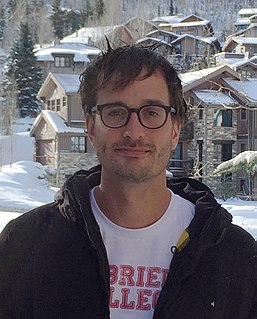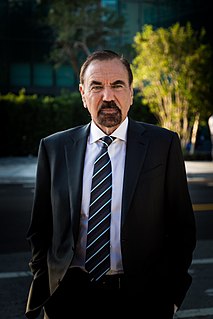A Quote by Jose Antonio Vargas
To me, politics is culture. I became a journalist, and later a filmmaker, to get to know my new country and my volatile place in it as a gay, undocumented Filipino-American.
Related Quotes
I came across this circumstance of undocumented students. These are kids who were brought to this country as youngsters, who are raised as Americans and go to American schools, and then when they graduate high school, they have no prospects in front of them because they are undocumented and illegally in the United States.



























